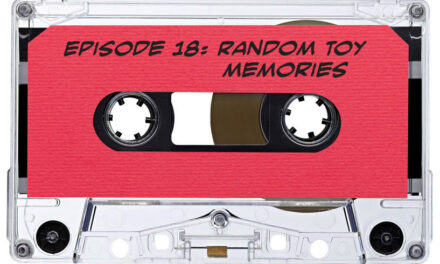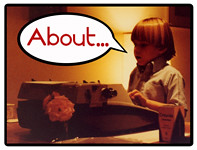I’d like to think that I don’t go on all that many ranting jigs here at Branded in the 80s, but I’ve had something stuck in my craw for awhile that I’m sick of trying to tongue out from between my teeth. It’s time to get a tooth pick and scrape it out. Spoilers. Every time I read the word it makes the hair on my neck stand on end. Unless I’m talking about a sweet 80s era Lamborghini Countach (which I an want to do), spoilers refer to any bit of information in a, typically fictional, creative work that reveals a thought, idea, plot point, or action that would ruin any surprise in partaking said narrative. Soylent Green is…a classic example of why the word spoiler has become so common that it’s starting to really piss me off.
I should back up a second and clarify that I don’t intend to spoil any movies, books, or even the 3rd movement Rondo in Mozart’s E-flat piano concerto #9, K. 271. My gripes with spoilers have little to do with the classic definition of the act, but more in how people react to the phenomenon, and in particular those people interested in any sort of movie, television or literary criticism. I get so sick of this fear of using spoilers when reading reviews or listening to podcasts that attempt to host a discussion about a creative work. My feeling is that worthwhile and useful criticism comes from a through deconstruction of the work at hand. Even if it’s a targeted deconstruction, I think the dialogue has to be explicit. Generalities and tip-toeing around a subject can only lead to allusions, confusion or an ambiguous and therefore pointless discussion. If you’re going to talk about a damn movie, than talk about the damn movie.
Everyone seems so concerned with being spoiled or spoiling something for someone else. Again, I understand why, but there are unspoken ground rules that come with talking about stuff, and writers or hosts shouldn’t have to censor for the benefit of the audience. The audience should have the wherewithal to know when to turn off a podcast or to stop reading a review before they’ve seen a film or whatever. If I’m going to listen to a podcast about the original Heston Planet of the Apes flick then it should be obvious the hosts are going to talk about Planet of the damned dirty Apes. It reminds me of one of my favorite quotes, it’s from Michael Crichton (by way of his father) where he learns a lesson in the uselessness of continuing any sentence that begins with "Obviously…" His father said, and I’m paraphrasing here, that if a statement is truly obvious then it doesn’t need to be stated. To me spoiler warnings in reviews and movie themed podcasts fall under this category. Now, if I’m reading a review comparing Capt’n Crunch w/Crunchberries with Capt’n Crunch’s Choco Crunch and the author lets slip that Darth Vader is really Luke Skywalker’s dad, then maybe a case can be made for bad judgment.
On a separate note, and this is just my opinion, but as far as the actual spoiling of creative work goes, if it can be spoiled by revealing a single fact then that fact is not much more than a gimmick. Gimmicks tend to be devious by nature, they’re utilized to deceive and trick one into thinking that something is more than it really is. Granted not all gimmicks are about the con, there are some that are more about the novelty factor, adding some form of functional or artistic enrichment. Either way it’s fleeting. Camera phones are nifty, but they’re no replacement for a real camera when it comes to quality. The reason I spoiled Empire Strikes Back at the end of the last paragraph is because the film doesn’t hinge on learning that Luke is Vader’s son. It only adds depth to a great film; it’s just a moment with a little bit of gravitas. It’s textbook Greek Tragedy. Besides, you didn’t hear anyone pissed off at Lucas for ruining the un-filmed back story to the first Star Wars flick during the opening credits text crawl. If the reveal of the plot is so important to a story, my question is how important is the rest of that story?
Most of the famous film spoilers are interesting, but they hardly ruin the experience of seeing the film. It’s also a weird statement on what it means to enjoy a creative work. If spoiling ruins an experience, how does anybody ever watch something a second time without throwing their arms up and declaring that they ruined the film for themselves by watching it that one time before? Surprise is fun sometimes, but it’s not the end all be all of experience. Same thing for romanticizing first experiences. I don’t know about anyone else, but my first exposure to most things are usually interesting but not as fulfilling as when I’ve got a little bit of experience under my belt, including my appreciation of film and literature.






















